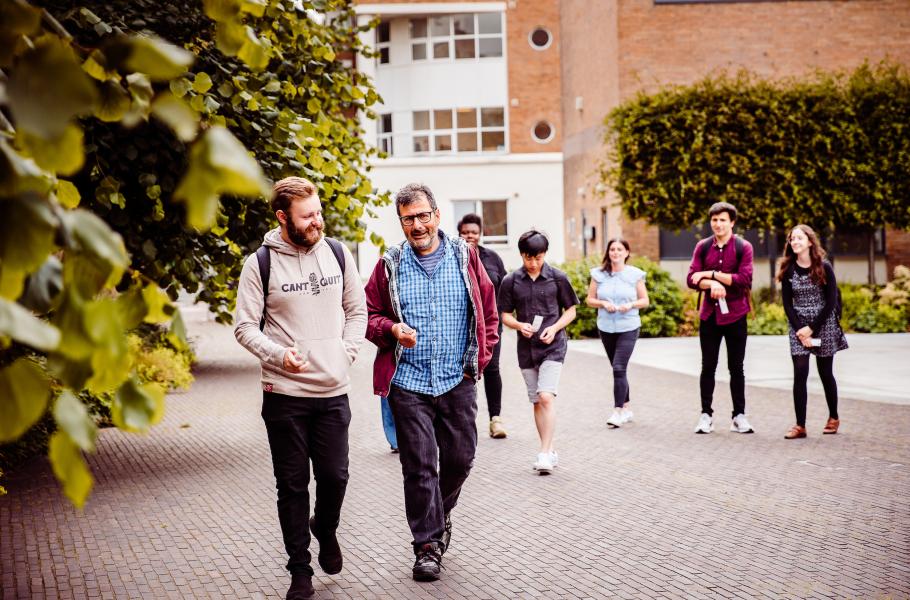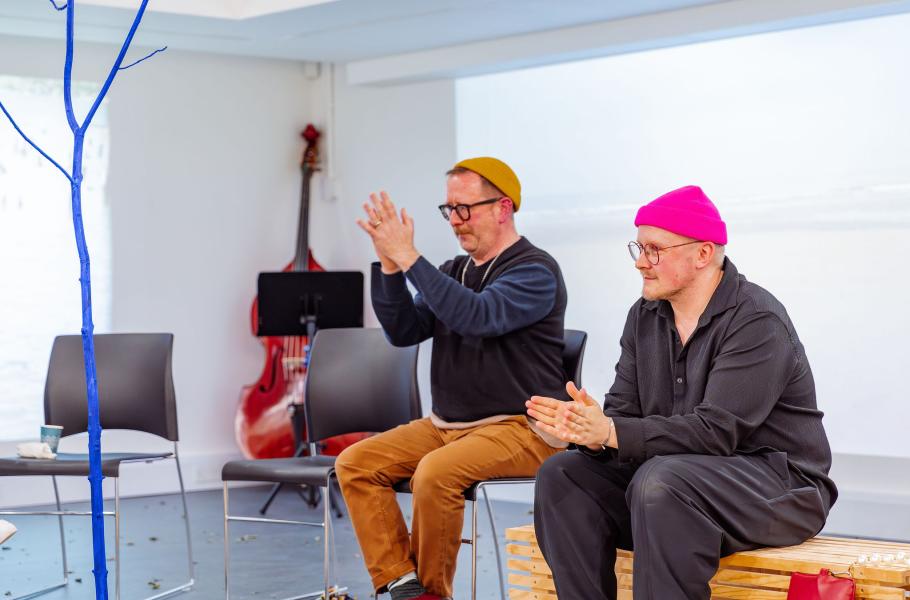Join Lancaster Arts for a conversation about grief and place followed by an audio walk featuring women in Lancaster talking about their experiences of grief, created by artist Fabiola Santana. Following the walk, there will be an opportunity for further shared reflection over refreshments back at the Library – feel free to engage with all or just individual elements.
Bringing together a group people whose work explores different aspects for grief, loss and place, we will question together how our experiences of grief and place inter-connect, what it means to experience grief not just of people but of places, and how individual stories relate to shared experiences. Our panel will include participants bringing a range of perspectives from the arts, social sciences, health and faith.
Following this, participants are invited to use their own phones to take part in ‘A Walk for Grief’ audio walk which brings these shared stories alive in the city’s streets. Experiencing local testimonies of individual grief while moving through the city, we invite you to consider how we form relationships to places as well as people. The audio walk will be introduced by Fabiola’s collaborator artist Will Dickie.
Participants will include:
Ian Dewar, Lead Chaplain at University Hospitals of Morecambe Bay NHS Foundation Trust
Will Dickie, artist
Elham Kashefi, Tara Centre
Professor Nancy Preston, Lancaster University International Observatory of End of Life Care
Mia Wilson, artist and celebrant
1:00pm – 4pm
1 - 2:45pm – Discussion event in The Sanctuary at Lancaster Central Library
2:45 – 3:30pm – Opportunity to take part in self-led audio walk, introduced by artist, Will Dickie
3:30 - 4pm – Refreshments and reflection at the library
Location: The Sanctuary, Lancaster Central Library, Market Square, Lancaster, Lancashire, LA1 1HY
This event is part of the ESRC Festival of Social Science 2022 and was made possible thanks to funding from the Economic and Social Research Council (ESRC)
Free, booking essential.




